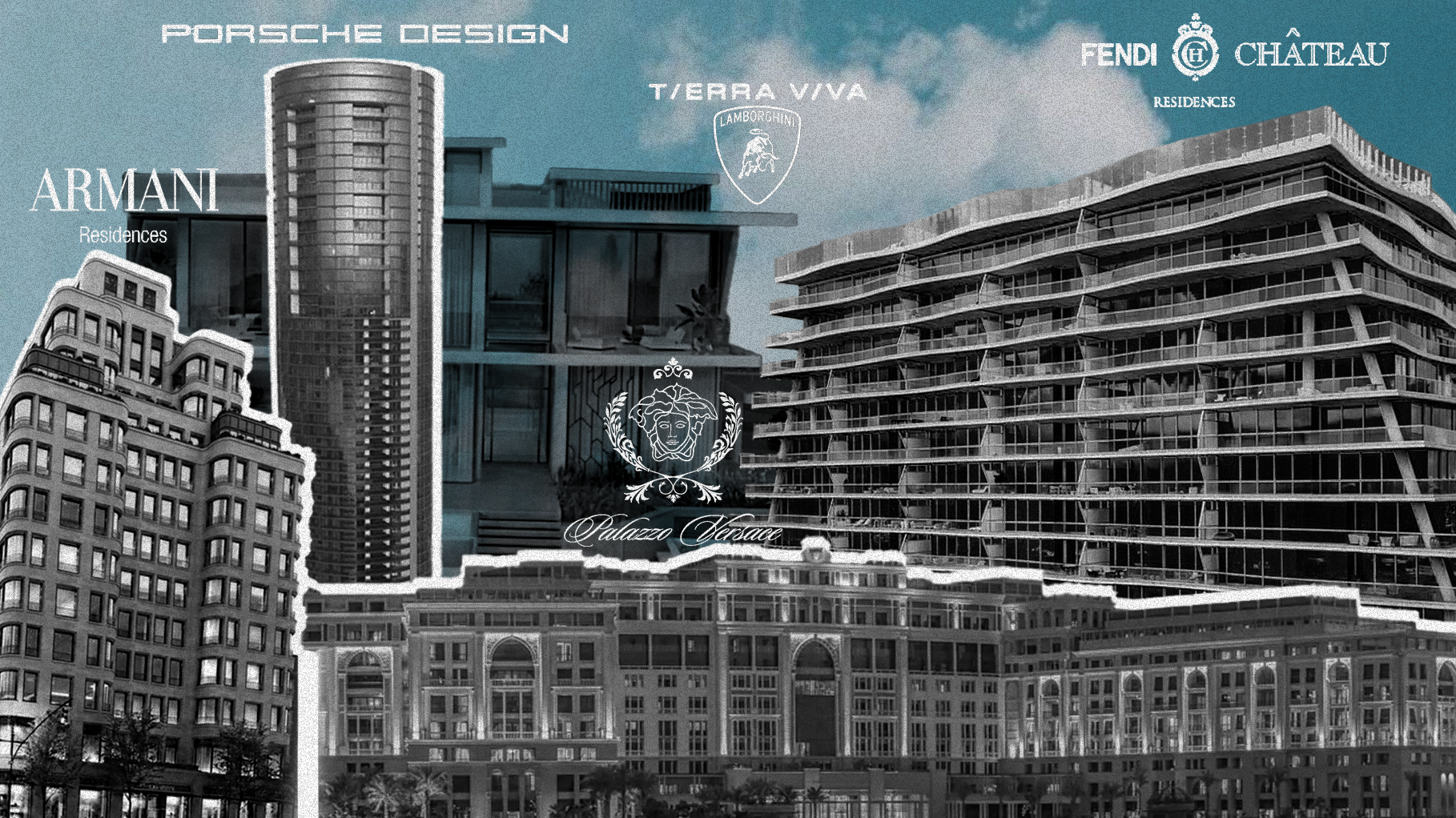Fendi Chateau and Porsche Design Tower in Miami, Giorgio Armani Residences in New York, Barneys in Tulum, Palazzo Versace in Dubai, and Tierra Viva Lamborghini in Marbella are clear examples of brands undertaking residential projects globally. This growing business model benefits builders, buyers, and brands, creating a win-win situation for all parties involved.
The collaboration between luxury brands and builders or developers aims to produce real estate projects of high quality and design. This partnership elevates the overall perception of the project, making it more desirable than typical construction and allowing it to command a premium price compared to market values.
Luxury brands, with their heritage and experience in curating products, instill confidence in buyers regarding the final design and the quality of services and materials. Additionally, this collaboration enables buyers to feel associated with an atmosphere of exclusivity and prestige. Living in a Four Seasons Residences in Miami, for instance, allows inhabitants to be part of a community that reflects shared values and principles, while also enjoying a well-established image of luxury and superiority.
It’s important to note that one key characteristic of a product or service being considered luxury is its societal recognition as such. This recognition is a significant factor that justifies the premium price of a residential unit, as initial buyers acknowledge its luxury status. In a traditional model, this guarantee is often attributed to the project’s prime location or the experience of the architects or builders; however, this does not always ensure the commercial viability of the development or the final product.
Buyers of these projects feel supported from the pre-sale stage by brands that offer not only their name but also design, furnishings, and an elevated perception. Furthermore, brands known for their meticulous standards, such as Ritz-Carlton and Aman, are unlikely to collaborate with developers of low quality or limited experience, given the reputational risks involved.
Studies conducted by the British real estate firm Savills indicate that the average premium price for a real estate project backed by a luxury brand can be around 31%, varying by region and often higher in emerging markets.
This type of project continues to be dominated by luxury hotel chains such as Marriott, Four Seasons, and Hyatt, which represent around 85% of the total properties. The remaining 15% involves collaborations with luxury brands whose core businesses lie outside real estate, such as fashion, automobiles, or jewelry.
New York, Dubai, and Miami have the highest concentration of these projects, but the greatest growth projections are in the Middle East and Latin America.
The construction of luxury real estate projects featuring highly recognized brands presents an attractive alternative for builders, as it facilitates marketing, increases visibility, and broadens the potential buyer pool—particularly those drawn by their affinity for or interest in these brands.



